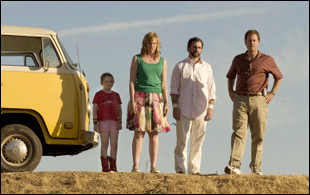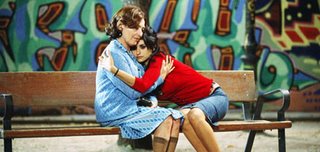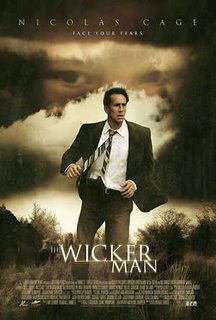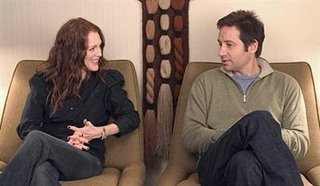 "Have a little faith Toby, the world is not against you"
"Have a little faith Toby, the world is not against you"Starring:
David Duchovny
Julianne Moore
Billy Crudup
Maggie Gyllenhaal
Directed by:
Bart Freundlich
Written By:
Bart Freundlich
My rating: 2/5
Despite a horrible marketing campaign which gave this film the veneer of a straight-to-video teen movie, the impressive cast made me doubt the frothy exterior. For the first hour, this veneer of over-sentimental rom-com is completely absent. The film begins as a snappy, down-to-earth examination of how relationships can go wrong even when the couple are deeply in love.
The couples in question are Tom and Rebecca (Duchovny and Moore) who are married with children and very much still happy and in love. However, a lack of sex, and Tom's re-adjustment to being a house-husband is causing problems for them and we slowly see the marriage disintegrate. This relationship was captivating because the director kept it clear that the couple loved each other, thus focussing the audience on the fact that their problem was really just a lack of proper communication.
The second couple is Toby and Elaine (Crudup and Gyllenhaal), who have been together for seven years and are only now facing issues of impending domesticity. They are far less interesting because Toby is a totally unlikeable slacker who doesn't deserve Elaine and it is hard for the viewer to hope for this relationship to work.
Unfortunately, the second two acts seem to focus mainly on Toby and Elaine. This is where the film begins to show that rom-com veneer again. The third act becomes needlessly over-the-top, therefore cheapening any of the cleverness and genuinity of what started out as a decent examination of the microcosm that is the modern marriage.
The film is worth a look for the performances of David Duchovny and Julianne Moore but overall, it is a frustrating waste of what should have been an interesting film.
- Charlene Lydon 28/9/06
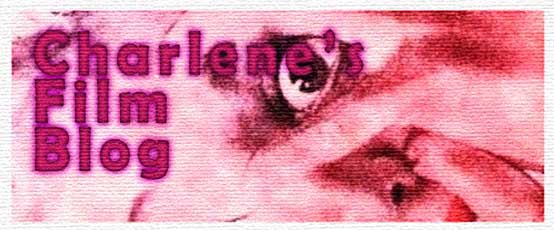
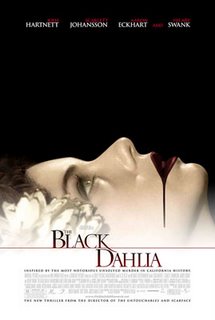
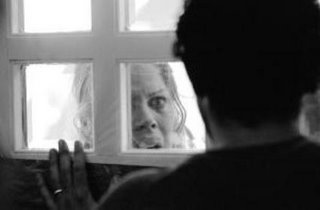 Starring:
Starring: